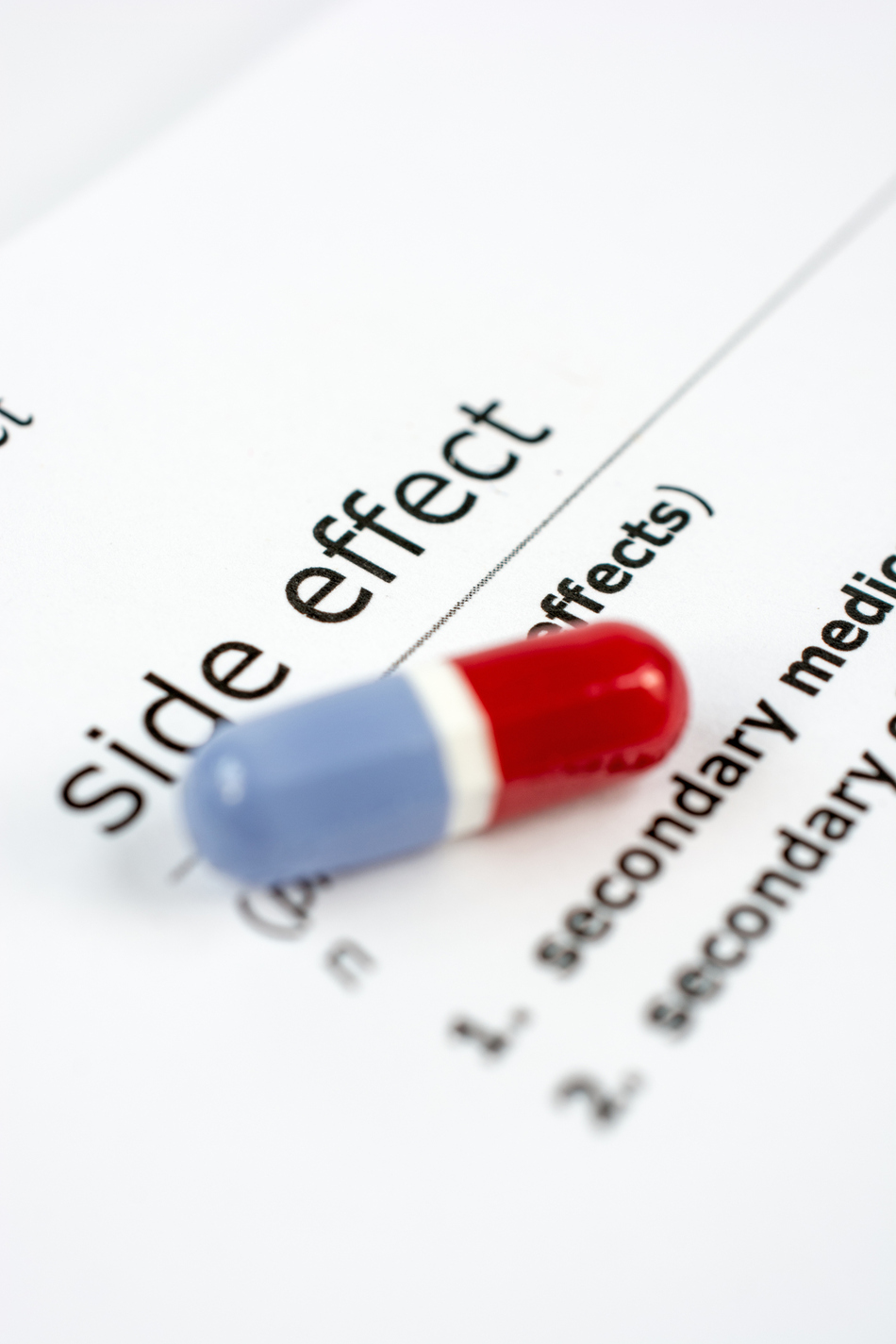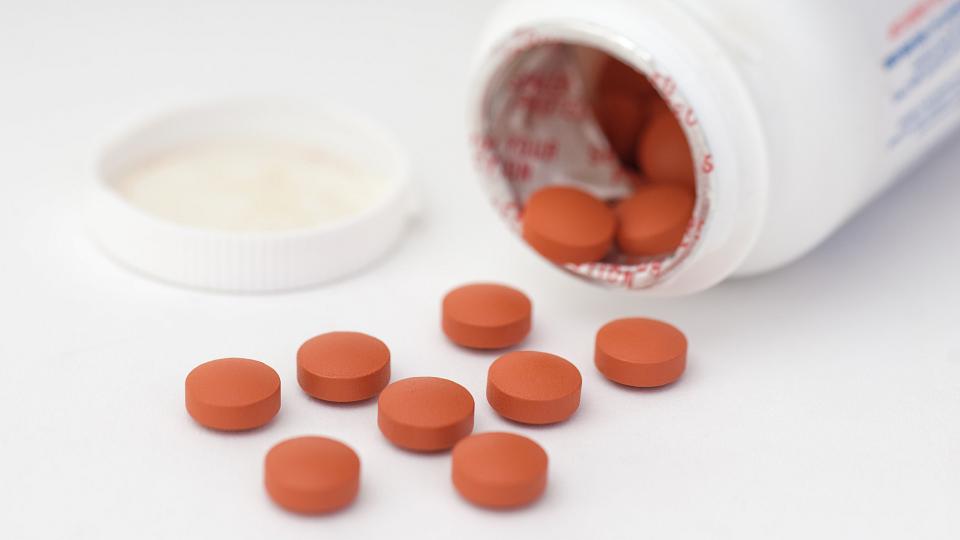
Episode Transcript
Announcer: Need reliable health and wellness information? Don't listen to the guy in the cube next to you. Get it from a trusted source, straight from the doctor's mouth. Here's this week's listener question on The Scope.
Interviewer: Today's listener question is about drug side effects. This particular individual is taking a prescription medication, and there are some side effects that the label warns about. What should you do if you experience one of those side effects? And to answer our listener question this week, it's Barbara Crouch. She is the director of the Utah Poison Control Center.
Barbara: I think the first thing you should do is talk to your pharmacist about it. They may be side effects that we can do something about, reduce the severity of those adverse effects and allow you to continue with the medication, especially if it's necessary. But if this is a side effect that comes up after hours, certainly the Poison Control Center is there 24 hours a day and is staffed around the clock with pharmacists and nurses who have expertise in toxicology and adverse drug effects.
And always, the next time you visit with your doctor, you should be talking about those adverse effects. I mean, some are natural extensions of what the drug does, and in order for the drug to work, we sort of, it's sort of a risk/benefit balance. But there are many of these adverse effects that we don't need to deal with, and there are other ways that we can deal with it, so always communicating with your pharmacist about those issues, certainly feel free to contact the Poison Control Center, and it's also a good conversation with your doctor.
Interviewer: And you'd say if you start experiencing those side effects, do that pretty immediately?
Barbara: Absolutely. You don't want to wait on that. I mean, some adverse effects are just that - they're nuisances. They're annoying. But there are some that are more severe in nature that are warnings, and so absolutely, you should communicate immediately.
Announcer: If you like what you heard, be sure to get our latest content. Sign up for weekly content updates at thescoperadio.com. This is The Scope, powered by University of Utah Health Sciences.





